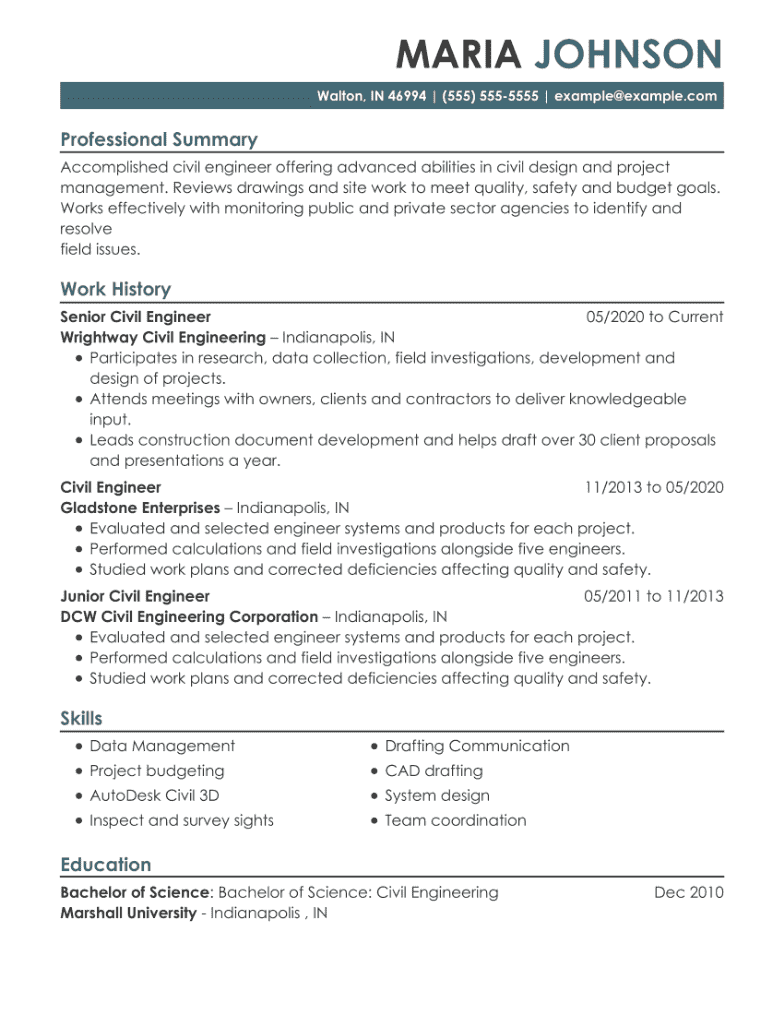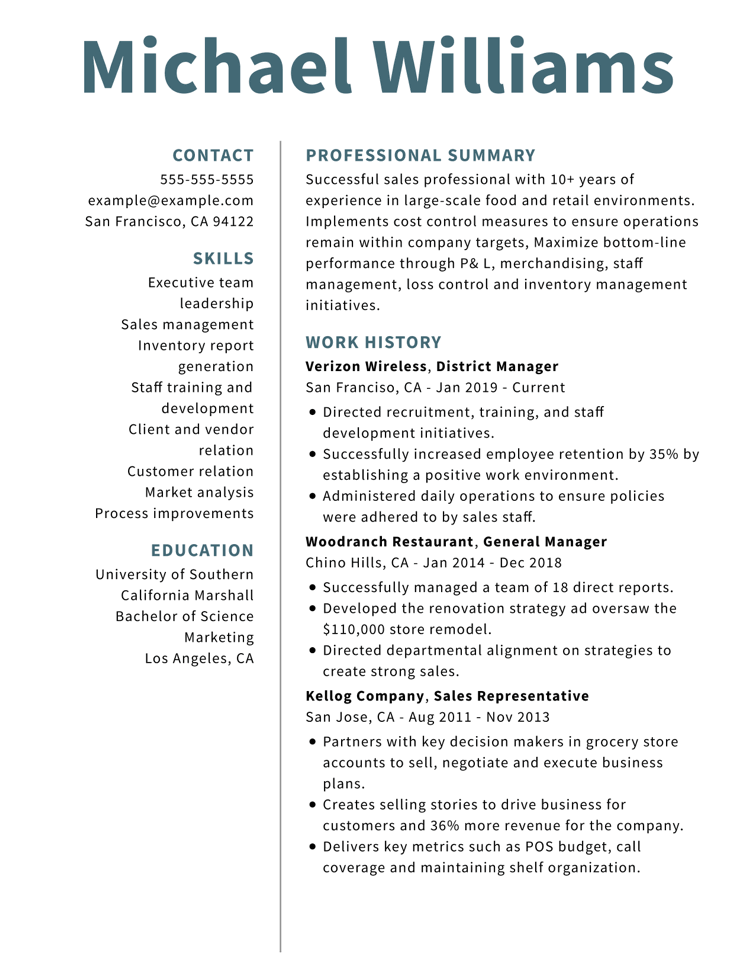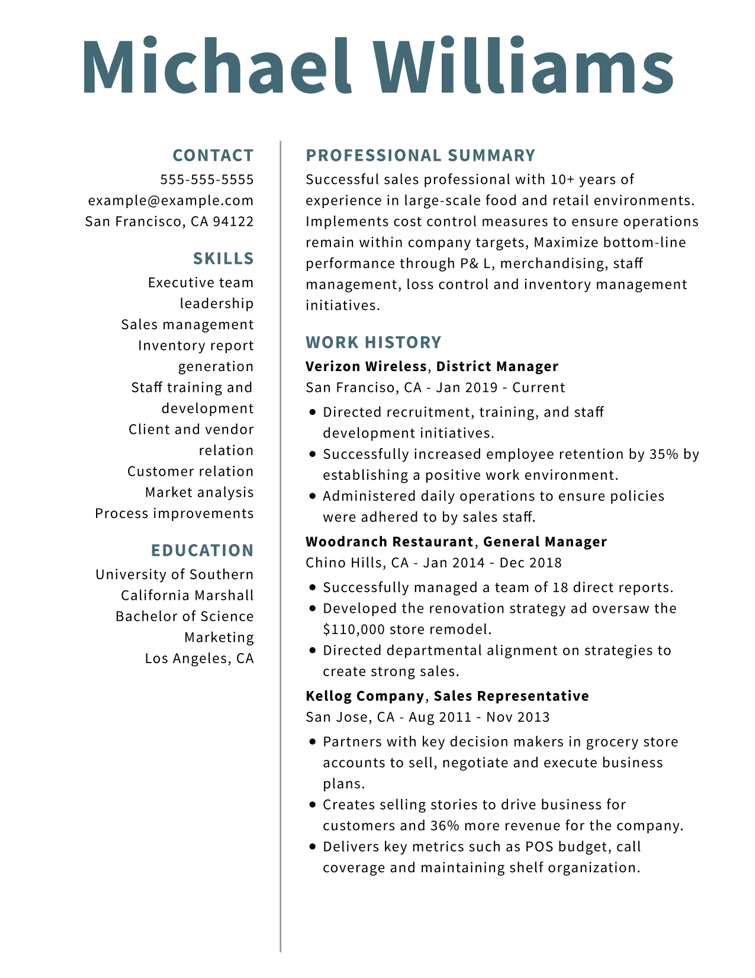Civil Engineering CV Examples You Can Use This Year
Many civil engineering experts need specialised knowledge in their field. How do you showcase that knowledge on your CV?
Many civil engineering experts need specialised knowledge in their field. How do you showcase that knowledge on your CV?





OUR USERS HAVE BEEN HIRED BY




Civil engineering is a unique engineering discipline that involves designing, constructing and maintaining city infrastructure. This may include everything from roads and bridges to sewage systems and railways. As a civil engineer, you’re likely to need both technical skills and the ability to collaborate with other people in your arena. When you write your civil engineering CV, here are some things to remember.
The fundamentals of any civil engineering CV will likely be the same. This is true no matter what engineering experience you’re referencing to get the job you’re looking for.
Many of the skills that you’ll list for a civil engineering CV will be hard skills, such as knowledge of specific software or processes. The most common high-priority civil engineering skills are technical skills that you only learn through experience. However, soft skills, especially problem-solving and critical thinking skills, are equally important. While you might not need to focus on soft skills, as most civil engineering jobs don’t require extensive interaction with others, you should highlight how you can think for yourself and solve complex problems.
It’s always important to submit a cover letter with your CV. Even if the job application doesn’t indicate that you need a cover letter, the best CV will look even better sitting alongside a cover letter. You can use the CVHelp cover letter builder to make it easier for you to write your cover letter for every application.
You can likely get a civil engineering job without any traditional work experience, but you will need to show some kind of experience. This is where other activities such as specialised coursework, internship experience or even extracurricular activities come into play. If these activities feature skills that connect with civil engineering, include them on your CV so that a hiring manager knows that you’ve learnt on the job, even if it’s less traditional.
It’s a very good idea to adapt your civil engineering CV to every individual job posting. This way, you hit all the CV keywords that a hiring manager put in individual job postings, such as specific skills and requirements. This will also help you pass applicant tracking system (ATS) scans that many employers use on incoming CVs and cover letters to make sure they meet certain criteria before a hiring manager looks at it. When you change the CV for every job posting, update your skills and experiences to match these keywords. resume keywords that a hiring manager put in individual job postings, such as specific skills and requirements.
We personalize your experience.
We use cookies in our website to ensure we give you the best experience, get to know our users and deliver better marketing. For this purpose, we may share the information collected with third parties. By clicking “Allow cookies” you give us your consent to use all cookies. If you prefer to manage your cookies click on the “Manage cookies” link below.